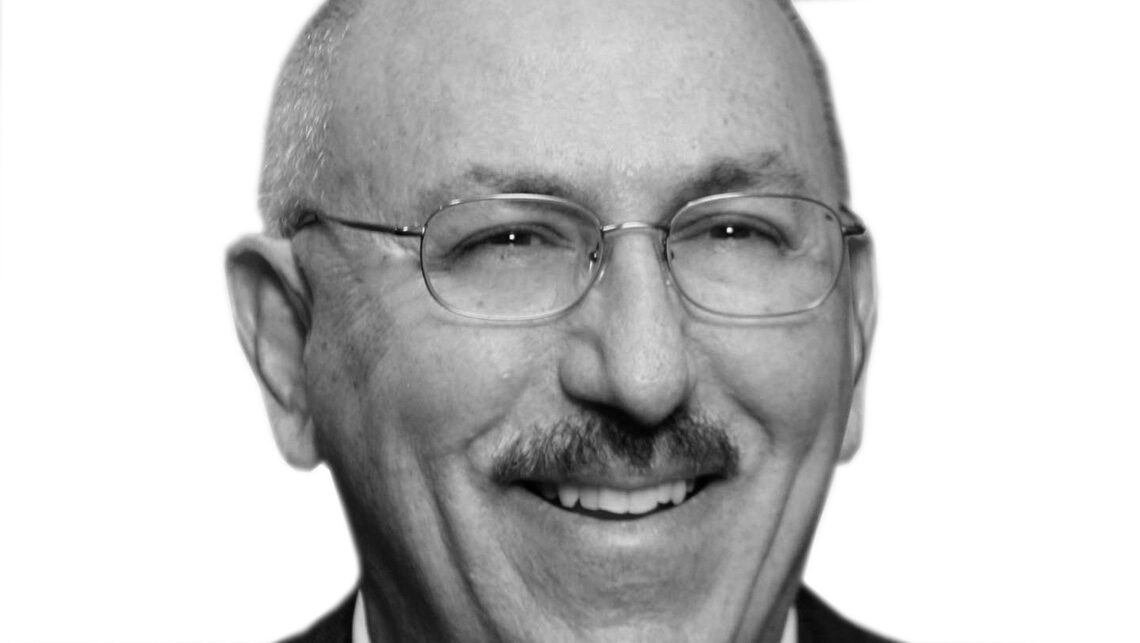
We sat down with Al Trellis, President of Home Builders Network, to discuss the state of the home building industry, land pipelines, utility theory and more.
Jad Buckman, Business Development Director at Epcon Franchising: What are your thoughts on the state of the home building industry today in 2022?
Al Trellis, President of Home Builders Network: Depending on who you are, and if you did as well as most people did the last six months, you’ve got a backlog. You’re not real worried immediately. Be a little careful, increase your marketing efforts. Put up maybe not as many specs as you were, but keep building some specs.
Pay attention to the market. Listen to your customers. Look for opportunities and land and trades to pick up. Look, this is a time to make yourself better. It’s not a time to panic. Stay calm. It’s what I’m telling everybody right now. Stay calm.
Jad: Those are great points of advice. As these next few months tick away and we get towards the end of the year, what are you going to be looking most closely at so that you can form your opinion of what’s happening here?
Al: I’m going to look at traffic. I’m going to look at sales. I’m going to look at what the Fed says, and in three months or so that will be much clearer. The whole world is murky. The supply chain thing is getting a little better. Inflation is, maybe people don’t realize it, but I think it’s getting better.
The trend was up, and now the trend is down. That’s true certainly in gasoline. It’s true in lumber. It’s true in copper.
Don’t let the ups get you too excited or the [downs too upset]. In the end, what does that line through the middle look like? That’s what [I’m] interested in.
Jad: Keeping your eyes on the metrics, how are you advising your builder clients and partners today as it relates to their land pipelines? Are you standing by your traditional guidelines, or are you advising alternative strategies at this point?
Al: That really depends on your financial strength. If a good land opportunity comes at a good price that you think fits into your needs, and you can afford it, buy it. The long game versus the short game.
I urge all of your people who hear this to read and understand utility theory. Utility theory says the value of all dollars is not equal. The value of a dollar is relative to how much money it comes from.
If I flip a fair coin and I tell you, every time it’s heads, I’ll pay you five dollars. Every time it’s tails, you lose the dollar. Do you want to play? You should want to play. Mathematically, we have something called expected value. This has a high expected value.
If I tell you the minimum bet is $10,000, do you want to play? If [someone] said to me the minimum bet is a million dollars, I’m not playing. I can’t afford to lose a million. That’s too painful for me. That’s utility theory.
Whether you should buy that land or not, can you afford to handle it? If you can afford to handle it and you want it, buy it. If you can’t afford to handle it, I don’t care how good it is, don’t buy it.
In the end, utility theory always trumps expected value calculations because it’s not about how much you can win. It’s about how much you can afford to lose and still be around tomorrow. That’s what it’s really about. That’s the advice I always give my clients.
Jad: You definitely spent time on utility theory at our last conference. That was a great discussion. You look around the room, and almost every head in there is nodding. They get it. It’s a great way to break it down.
Another question in the same vein. For those builders out there who are coming into new developments, do you have any insights into how banks and other lenders are responding to this current news cycle? Is there advice you’d give about working with lenders during these times?
Al: In the end, a bank makes money only one way. It takes your money and gives you one dollar. Loans it to me and charges me two dollars. That’s how it works.
What you’ll see from the banks, though, is a flight to quality. They’ll look for the customers that are the quality customers. They’ll look for the jobs that are the quality jobs.
They’ll look for good presentations. Builders who show them numbers that really make sense, that they feel comfortable with. You’ll see they want to make loans. They’re just a little pickier about to whom. [I] really believe that.
Jad: It’s been fun to listen to your home building expertise, and be able to more intimately understand what’s going on in this industry and how to take advantage of it.
Al: [As] my dad used to tell me, “Experience is the best teacher.” It’s the best teacher, period.
To hear more from Al Trellis, check out Epcon Experts Podcast With Al Trellis.